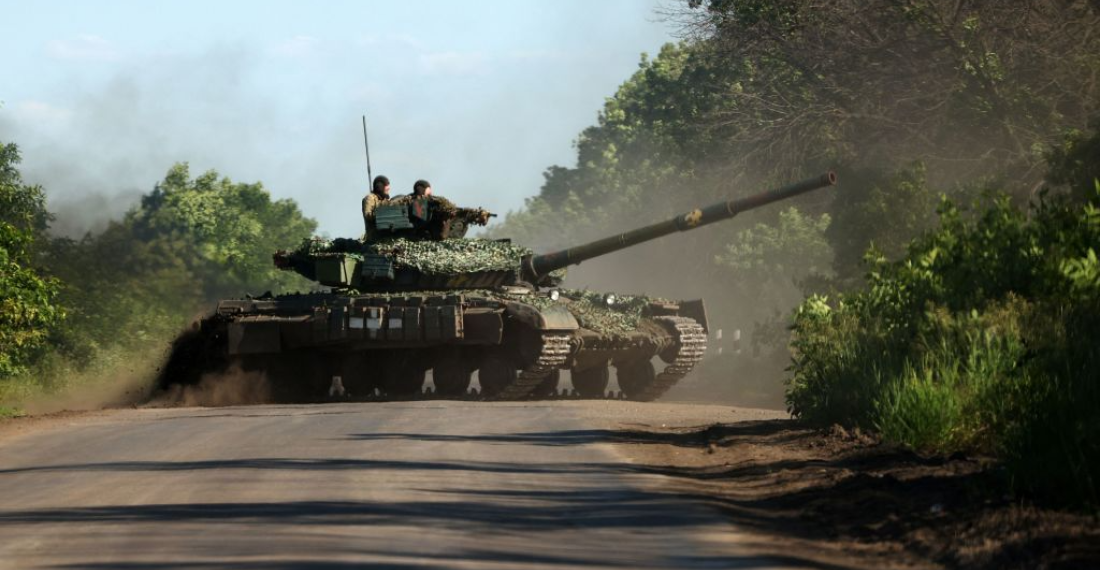Ukraine has liberated a number of villages from Russian occupation over the weekend in a long-awaited counteroffensive that ostensibly began on 4 June. You can read more about this here.
On Sunday evening, Ukrainian Deputy Minister of Defense Hanna Maliar reported that Ukraine had liberated two small settlements to the south of Velyka Novosilka, on the southern front of Russia's ongoing invasion of Ukaine. In an announcement on Telegram, Maliar said Ukraine had liberated Blahodatne and Makarivka. Meanwhile, it was also reported on 11 June that Ukrainian forces had liberated Neskuchne the day before.
Maliar also reported that the Ukrainian forces have advanced by 250 meters near the Berkhove Reservoir area near Bakhmut in Donetsk Oblast, while on the southern front, the army advanced in two directions from 300 to 1,500 meters.
On Monday morning (12 June), Ukraine's Armed Forces also confirmed that they had liberated the village of Storozheve, some three kilometres south of Velyka Novosilka.
Online sources have also claimed that the nearby settlements of Levadne and Novodonetske have been liberated. Euromaidan Press reports that, during one week of offensive operations in the Velyka Novosilka area, Ukraine liberated 95 square kilometres.
Russia blows up smaller dam in occupied Donetsk Oblast
Meanwhile, in an apparent attempt to slow Ukraine's advance, Russia has reportedly blown up a dam on the Mokri Yaly River in the Donetsk Oblast, causing flooding on both banks. Valeriy Shershen, spokesperson for Ukraine’s Tavria military sector, said this "does not affect" Ukraine's operations in the area.
This comes after the collapse of the Kakhovka dam on Tuesday last week (6 June), widely believed to have been the result of a deliberate Russian attempt to prevent a Ukrainian offensive across the Dnipro river, causing massive flooding across some 600 square kilometres, destroying thousands of homes. You can read more about this here.
On Monday morning (12 June), it was announced that the International Criminal Court in The Hague had launched an investigation into the collapse of the Kakhova dam on 6 June.






